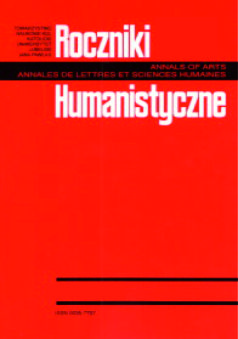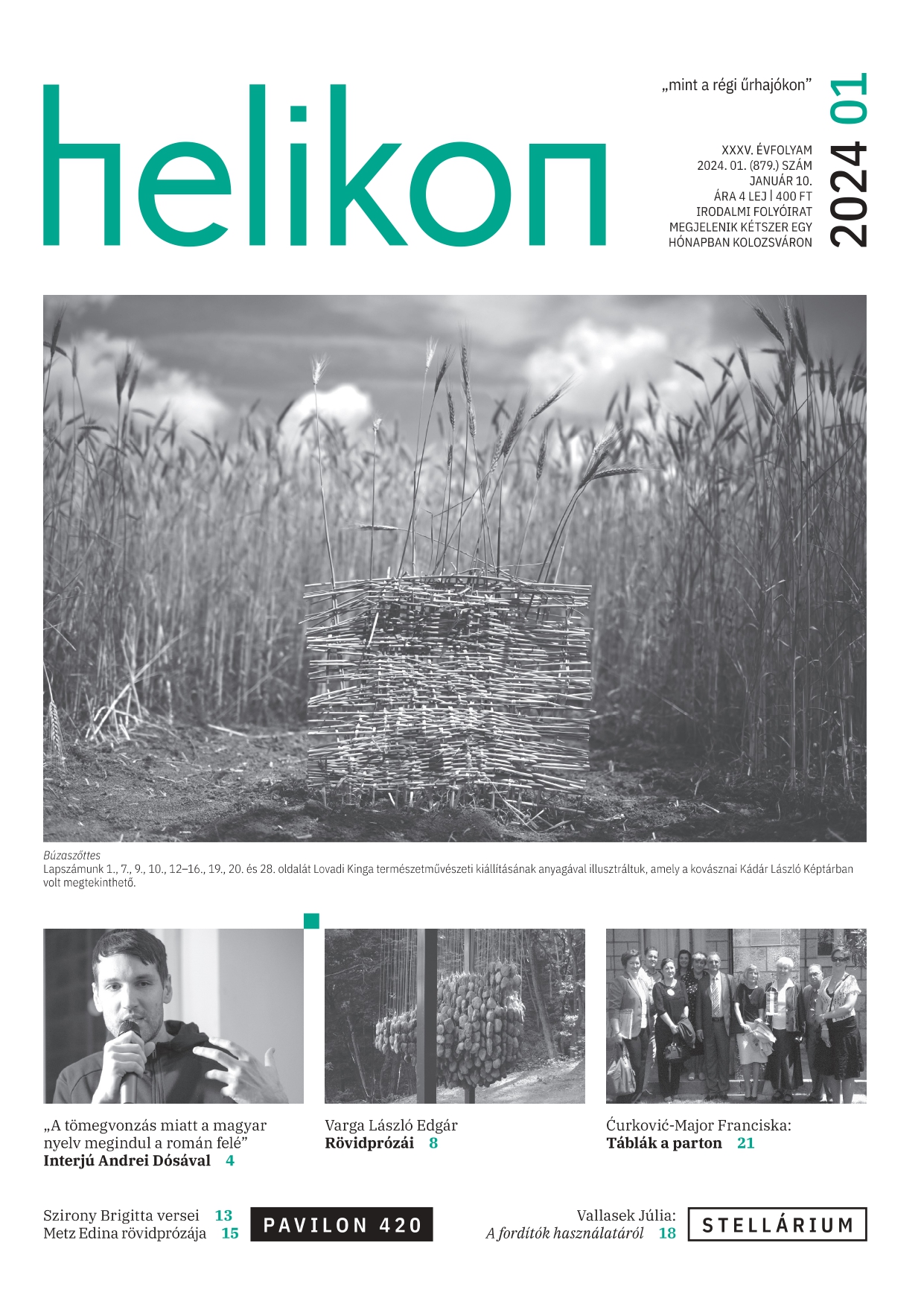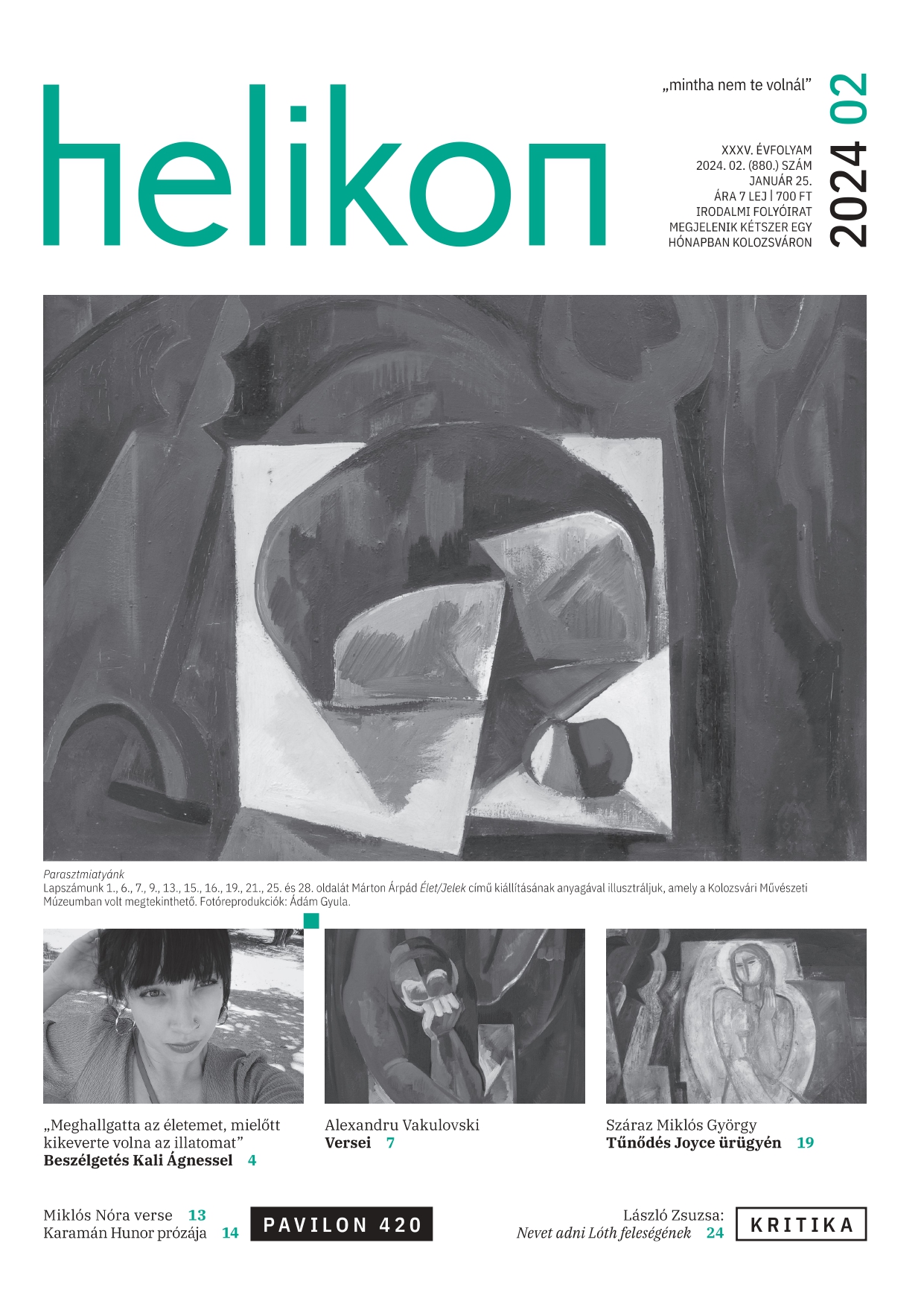„Афричке песме“ Ота Толнаиjа: номадолошки и мањински приступ
This paper deals with Ottó Tolnai’s desert, the Africa of his poetry, the childhood puszta of Old-Kanizsa and the substances (sand, gold and dust) associated with it, based on the collection of 32 poems about Africa. This is an example of Tolnai’s alchemy in an endeavour to create value and autonomy, and represents an exciting attempt at ‘radical and autonomous culture creation’. His book of poems Miquel Barceló’s Shadow was published in 2006 and translated into Serbian by Árpád Vickó in 2019. Although Tolnai himself has never been to Africa, he is able to envision the continent and its deserts in a uniquely fascinating way through interpreting various works of art and literature, such as Barceló’s paintings, Rimbaud’s poetry and biography, Lorand Gaspar’s travel narratives and poems, Camus’ desert narratives, Saint-Exupery’s texts and Deleuze and Guattari’s concept of nomadology. The minority poet incorporates these impressions into his own homeland experience, avoiding at the same time the use of stereotypes, clichés and the colonialist understanding of Africa as a black (unknown, dark) or exotic continent. For Tolnai, the desert becomes the field of (artistic) identification: an existential and aesthetic experience of being in the radically different (Africa) is revealed, while attention is drawn to active solidarity. In the analysis of African poems, the problems of artistic autonomy, political ideology and power are interpreted primarily in terms of Deleuze and Guattari’s theories of minority and nomadology.
More...


